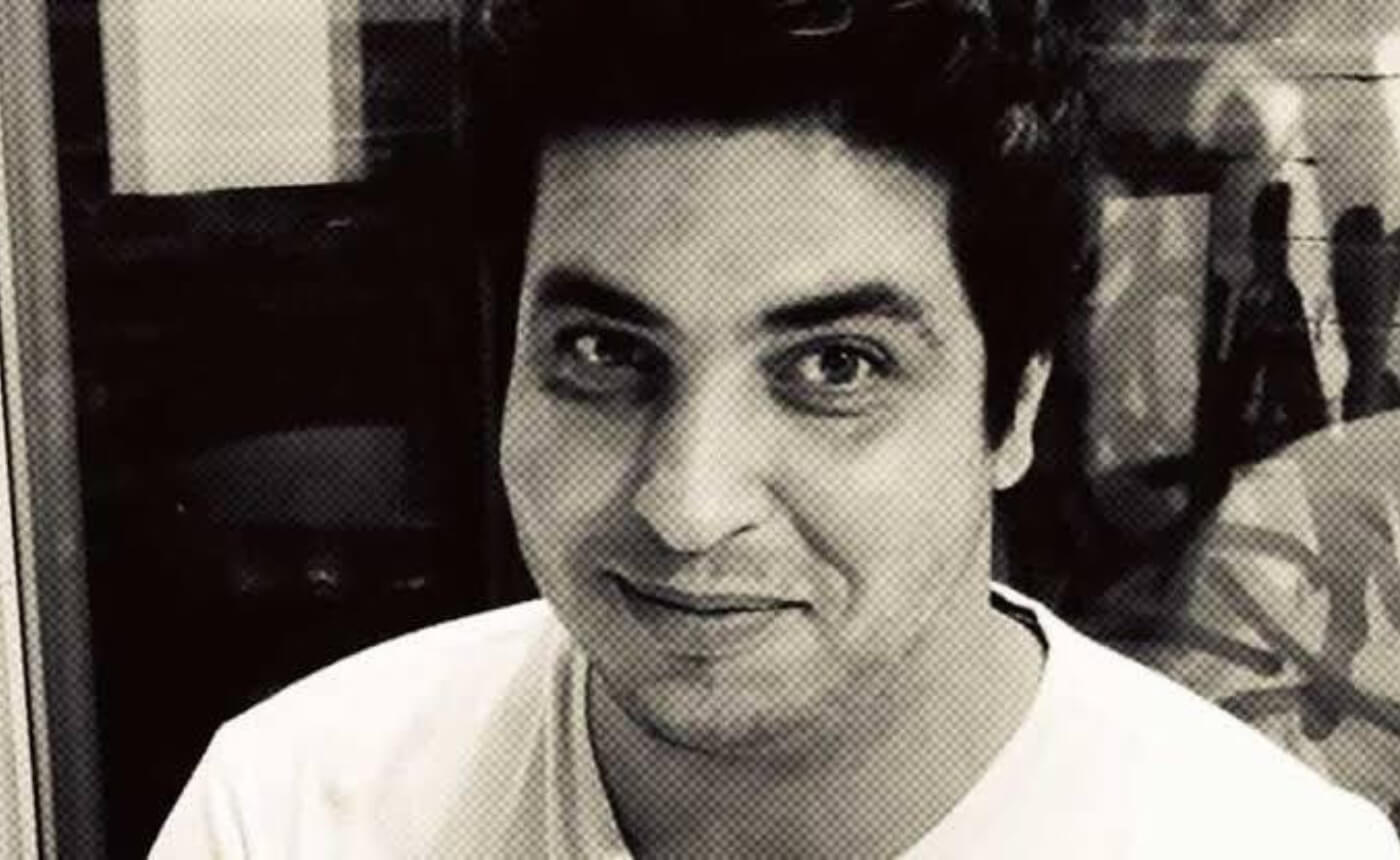Canadian-based therapist Omar Bazza is taking a new approach to making mental health awareness accessible. Using social media as his tool, Bazza takes to Twitter to hold regular AMA (Ask Me Anything) sessions where his followers can interact with him and get advice on any mental health related concerns they have.
Bazza’s twitter is full of threads talking about common issues that many of us face, and his light tone and easily approachable manner has gained him a mass following particularly amongst communities of color who often face extra barriers in various forms when it comes to finding help and treatment for mental health. We spoke to everyone’s favourite therapist on how he got started and what’s most important to him in his work.
How Did You Decide To Become A Therapist?
I became a therapist after going through my own journey with mental health issues in my early 20s. That made me want to learn more and want to help others who are going through it.
How long have you been working in mental health?
I have been working as a therapist for close to 4 years.
Do You Believe There Needs To Be More Diversity Within Mental Health Professionals?
I definitely think that diversity is key when it comes to mental health professionals. The needs of people are very diverse, that’s why we need diverse therapists.
How can this lack of diversity possibly impact PoC suffering from mental health issues?
It can really impact people of colour a lot because cultural competency may not be there. Given the different cultural backgrounds, there would be different solutions. The relationship between therapist and client is first and foremost a human relationship based on empathy and understanding. If the therapist is not well versed in the client’s culture, it creates a cultural barrier that can leave the client feeling as though they cannot open up or be understood.
Why Is It So Important To You That You Stay Open And Transparent With Your Followers Regarding Mental Health?
It is really important because trust is key. Without it, they wouldn’t trust the information, no matter how factual it is. That’s why I always make sure to do my research and fact check everything.
How Do You Feel Your Interactive Community Approach Brings Benefit To Your Followers?
I think it is a benefit because there isn’t a lot of education and awareness around mental health. People may also not have someone who listens to them and tries to understand what they are going through.
Why Do You Feel Taboos Still Exist Around Mental Illnesses Despite So Much Information Now Being So Easily Available?
I think it is because many people don’t want to take responsibility for being one of the causes of their mental health issues. Parents can often be the cause of their children’s mental health but acknowledging that would mean that they would have to realize they did something wrong.
Do you think an oversharing of information regarding mental illnesses can lead to individuals misdiagnosing themselves? How may this harm them in other ways?
Yes absolutely, it can be pretty easy to misdiagnose ourselves by looking up information online or researching too much. We may feel that we have all the symptoms for all mental illnesses and it can make us feel even worse.
What is your objective in holding your weekend AMAs?
It is to create a confidential and empathetic space for people to share what they are going through, to feel heard and validated.
How do you think stigmas around mental health can be challenged going forward?
I think it is important for our culture to change the way we approach mental health, to make it more accessible.
How can these barriers of inequality be targeted?
The best way to target them would be a systemic level. That’s really the only real way to deal with them
As with all of his tweets, Bazza keeps it clear and easy to understand, something he believes is vital in getting mental health awareness to the masses and normalising counselling and treatment.

